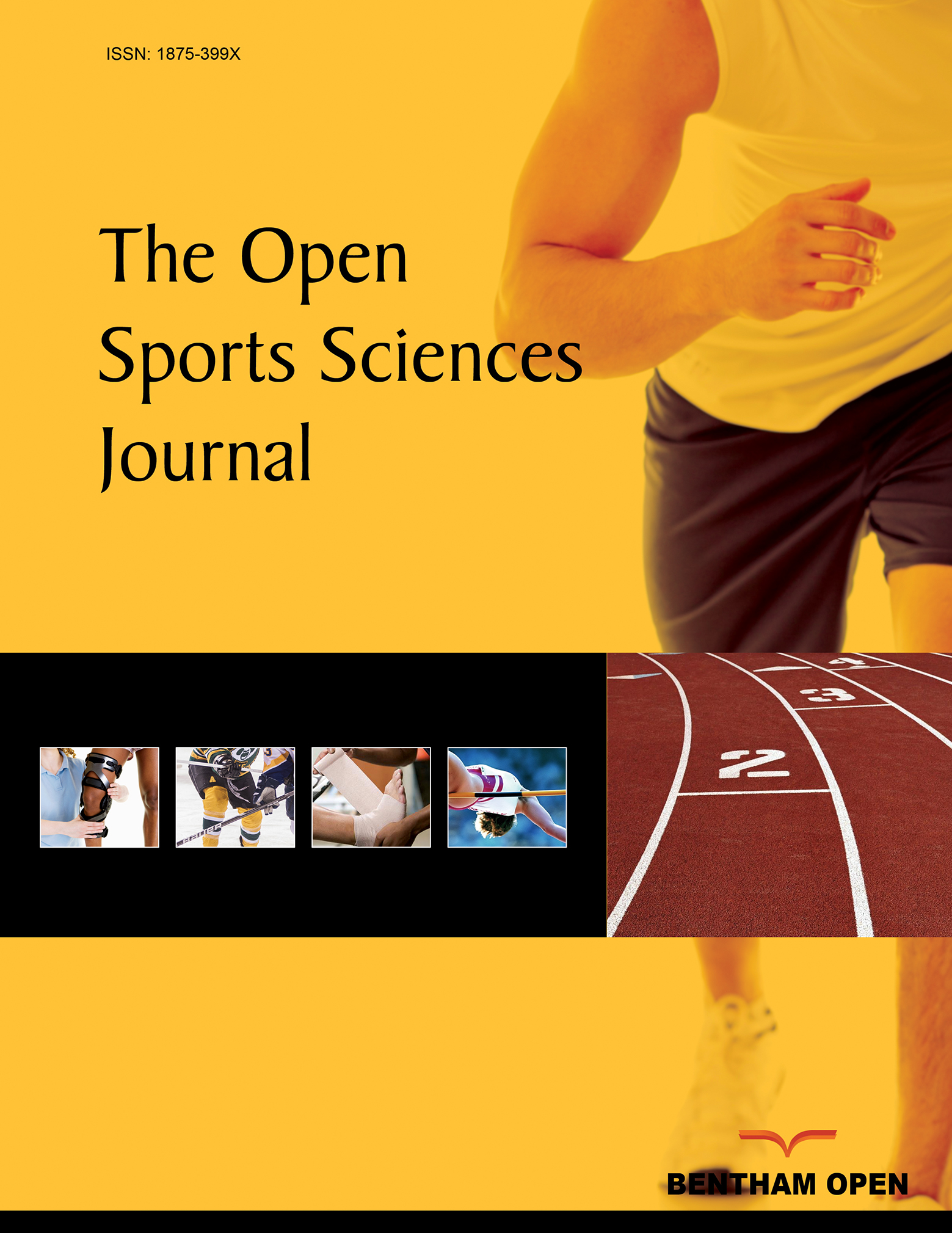All published articles of this journal are available on ScienceDirect.
Coordinated and Aerobic Exercise do not Improve Attention in Graduate Students
Abstract
Acute coordinative exercise, represented by various sports skills requiring bilateral use of hands or feet, has been shown to improve attention in school age children in a classroom setting. The purpose of this investigation was to determine if acute aerobic and coordinative exercise improves attention in graduate students in the same setting. Twentyeight students (19 Women, 9 men; Age=24±1 years; BMI=22.9±0.6) enrolled in a graduate education program completed 3 sessions, each separated by 7 d. Immediately before a 1 h classroom lecture, subjects completed either 15 m of quiet sitting, aerobic exercise (walking), or coordinative exercise. Coordinative exercise consisted of a sequence of bilateral activities requiring gross and fine motor movement using balls of various sizes and types. Prior to and immediately after the lecture, subjects completed the d2 Test of attention. Subjects did not exercise or drink caffeine prior to participation. Heart rate was similar during aerobic and coordinative exercise. The total number of items processed (TN) and concentration performance (CP) increased from immediately post exercise to post-lecture in all conditions. The number of errors following coordinative exercise before the lecture was greater than the other conditions. The results of this investigation suggest that aerobic and coordinative exercise do not influence attention in graduate students.


